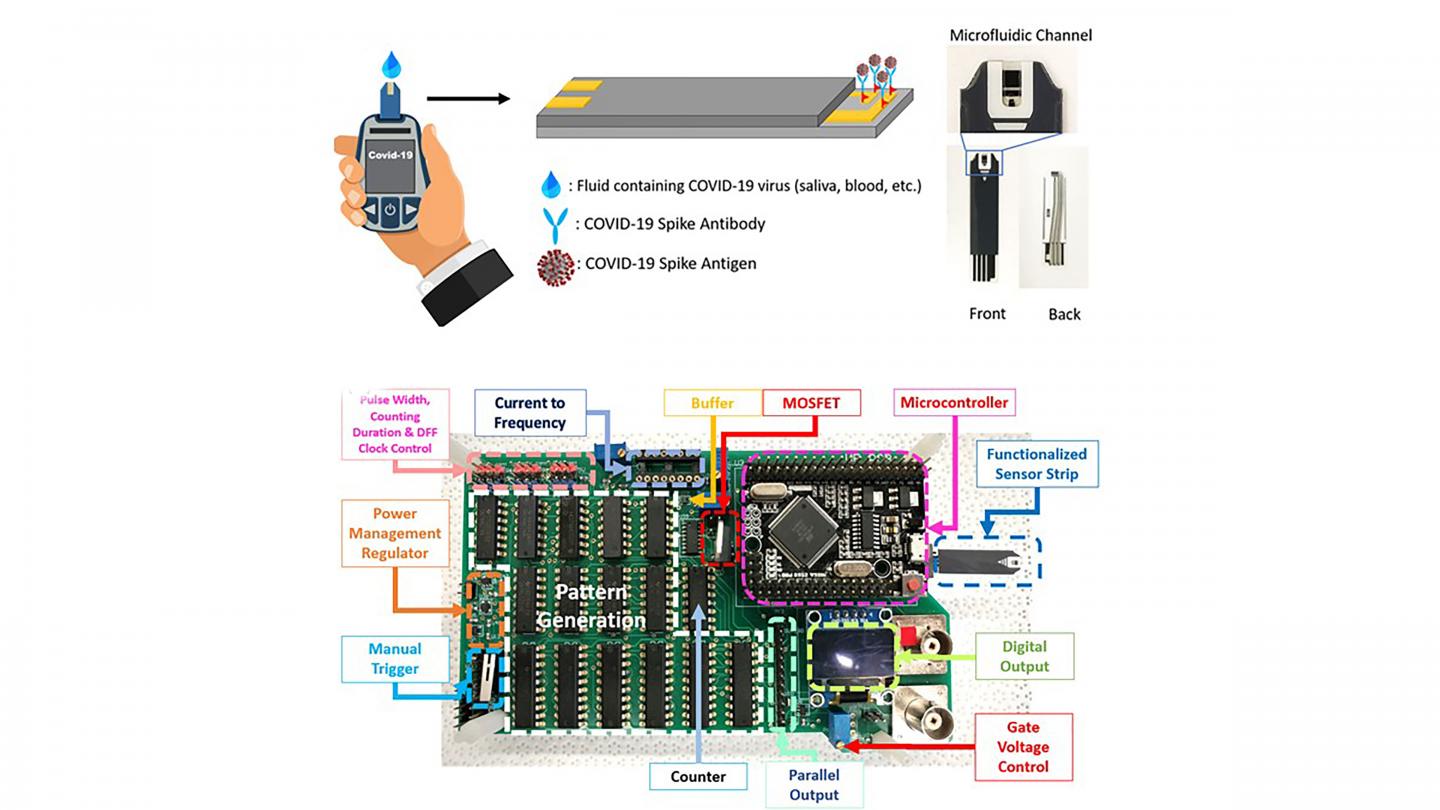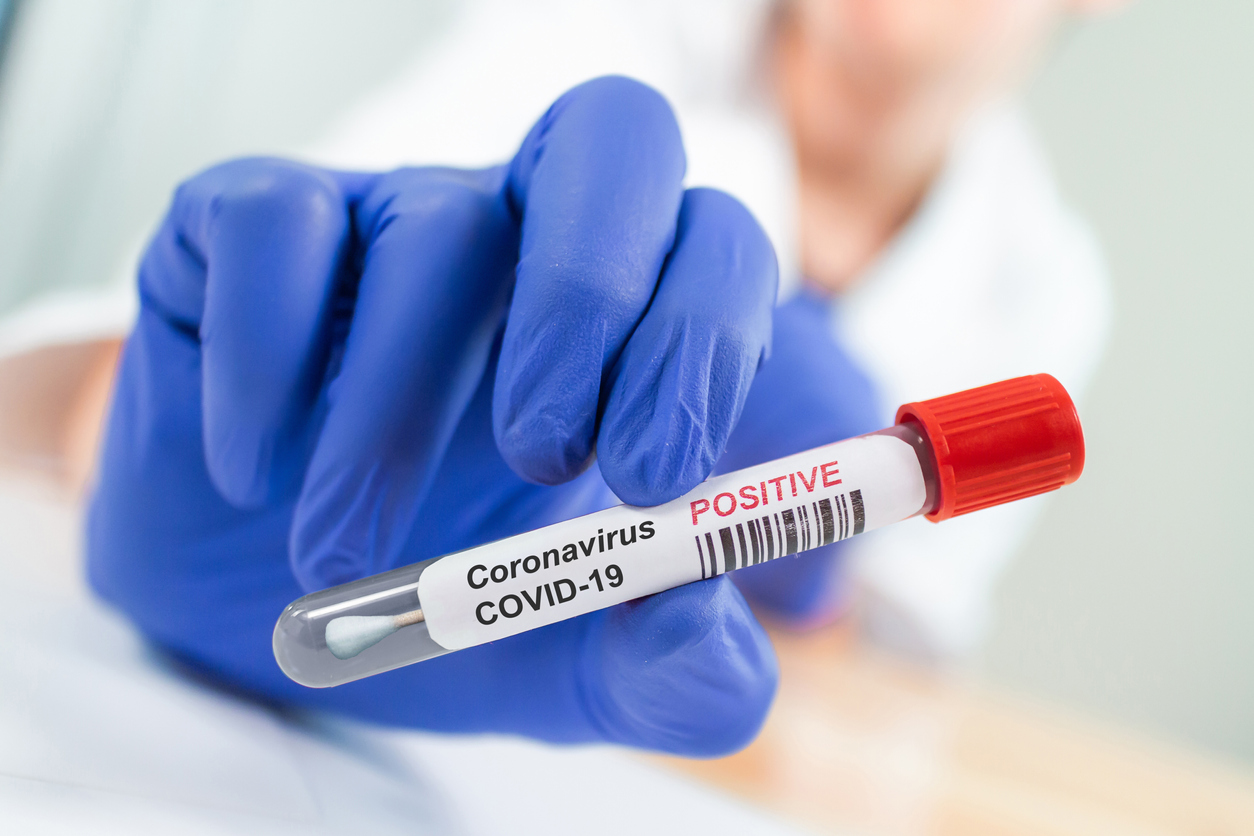A team of researchers in the United States and Taiwan has developed a new rapid, sensitive testing method to detect COVID-19.
The new method uses a sensor system that can detect SARS-CoV2, the virus causing Covid-19, within a second.
The researchers from the University of Florida and Taiwan’s National Chiao Tung University who previously demonstrated detection of biomarkers relevant in epidemics and emergencies, leveraged their expertise to come up with a sensor system that provides detection within one second.

“This could alleviate slow COVID-19 testing turnaround time issues,” explained Minghan Xian, an author and a chemical engineering doctoral candidate at the University of Florida.
According to the study published in Journal of Vacuum Science & Technology B, the detection of the virus presence requires amplifying the numbers of the biomarker, such as the copies of viral ribonucleic acid in the common polymerase chain reaction technique for COVID-19 detection, or amplifying the binding signal for a target biomarker.
“Our biosensor strip is similar to commercially available glucose test strips in shape, with a small microfluidic channel at the tip to introduce our test fluid,” said Xian. “Within the microfluidic channel, a few electrodes are exposed to fluid. One is coated with gold, and COVID-relevant antibodies are attached to the gold surface via a chemical method.”
While the system’s sensor strips clearly must be discarded after use, the test circuit board is reusable. This could potentially reduce the testing cost.
“By altering the type of antibodies attached to the gold surface, we can repurpose the system to detect other diseases,” said Xian. “The system can serve as a prototype for modularized, inexpensive protein biomarker sensors for expedient real-time feedback within clinical applications, operating rooms, or home use.”




